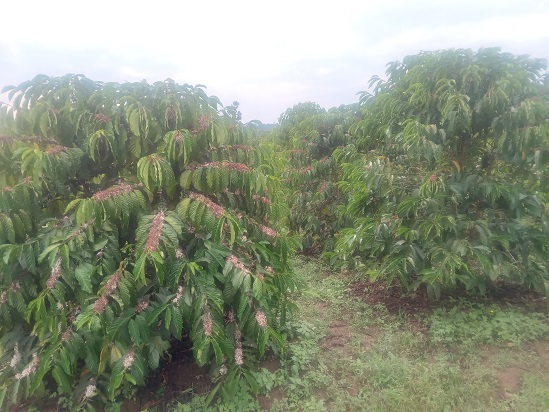Uganda’s earnings from exports remains lower compared to expenditure on imports
Uganda’s external position weakened in the 12 months to October 2022, reflecting adverse spillover effects associated with the Russia-Ukraine conflict especially on the commodities terms of trade which exerted pressure on the trade balance, keeping the current account on the weakening path, Bank of Uganda (BoU) has said in its State of the Economy Report for December 2022.
BoU says the financial account surplus recorded a steep contraction due to a surge in outflow of short-term capital and shrinkage of loan disbursements to government amid increased external debt service.
“The combination of a widening current account and reduced financing resulted in an overall BOP (Balance of Payment) deficit to a tune of US$ 545.2 million in the year to October 2022 from BOP surpluses recorded for similar periods in the previous two years,” the report says.
A balance of payments deficit means the nation imports more commodities, capital and services than it exports. It must borrow from other nations to pay for their imports.
Similarly, the report says, on a quarterly basis, the current account deficit widened although marginally due to widening of the services deficit on account of reduced inflows from tourists due to the Ebola epidemic.
The deterioration in the current account deficit was largely attributed to the 18.5 percent deterioration in the trade balance and a 25.9 percent increase in the services deficit, on an annual and quarterly basis, respectively.
“On an annual basis, the trade deficit widened as exports fell considerably to US$4,191.8 million while the import bill increased marginally to US$7,824.5 million. Excluding gold trade, the trade balance deteriorated even further, by 21 percent to US$3,623.6 million due the deterioration of the terms of trade. The import bill excluding gold substantially increased reflecting the high private sector oil and non-oil imports which increased by 67.7 percent and 15.8 percent to US$1,530.7 million and US$5,697.3 million, respectively, reflecting the war-induced escalation in oil and non-oil global commodity prices,” the report says.
The services account deficit improved by 16 percent to US$ 1,433.9 million due to the rebound in tourism activity before the recent Ebola outbreak hit the country and the secondary income surplus surged by 14.4 percent to US$ 1,953.3 million at the back of the increase in workers remittances and grants to government.
“On the financing side, the financial account surplus contracted by 32 percent to $2,419.0 million in the 12 months to October 2022, largely driven by a sharp upsurge in portfolio capital reversal and a reduction in other investment net inflows,” the report says.
It adds that Monetary policy tightening in advanced economies in the later part of the reporting year triggered offshore investors’ exit from the domestic debt securities market in favor of the safe and increasing yields in Advance economies.
“On the upside, however, the financial account surplus was supported by foreign direct investment inflows which increased by 37 percent to US$ 1,424.2 million over the twelve months period, driven by oil sector project related foreign capital inflows
On a quarterly basis, the trade balance improved on account of a 12 percent expansion in export revenues, which exceeded the 4 percent increase in the import bill, driven by the resumption in gold trade following the abolition of the 5 percent export levy on refined gold that had led to a halt in gold trade activities for nearly thirteen months,” it reads in part.
However, excluding gold, exports contracted by 5.8 percent during the quarter to October 2022 while imports also contracted by 4.6 percent as global commodities prices eased during the quarter.
Outlook
The report says the current Ebola outbreak is expected to continue weighing down on Tourism inflows, while high government expenditure on imports and debt service obligations will likely constrain reserve build-up, further weakening Uganda’s balance of payments position.
“In the medium term, the current account deficit is projected to widen, before progressively narrowing into FY2026/27. The trade deficit will follow the same path as imports are projected to remain high, however, increased export revenues boosted by intra-African trade (AfCFTA), will contribute to the narrowing of the trade deficit in the latter years. The services’ deficit is anticipated to widen, as transport payments (freight services) increase in line with imports. On the upside, the current account will be supported by increased export revenues, persistent remittance inflows and a rebound in stable tourism receipts,” the report says.
It adds: “Overall, BOP deficits are projected throughout most of the medium term, due to the projected narrowing of the financial surplus amid the widening current account deficit. Furthermore, the high cost of debt service will continue exert pressure on reserves.”





